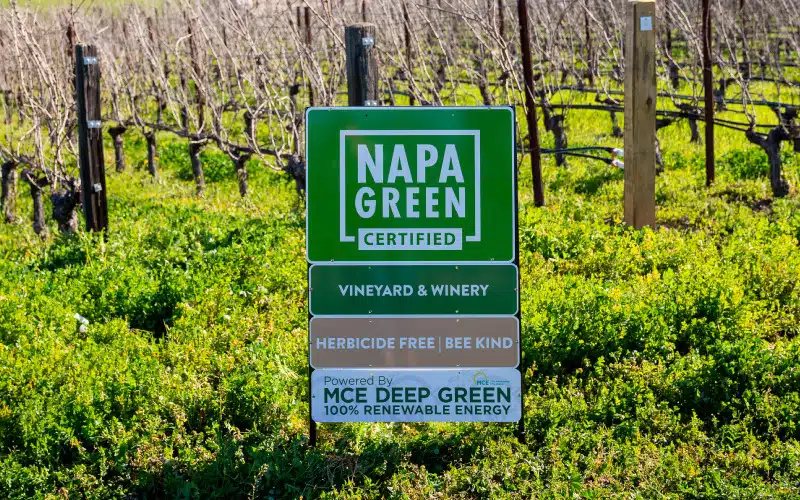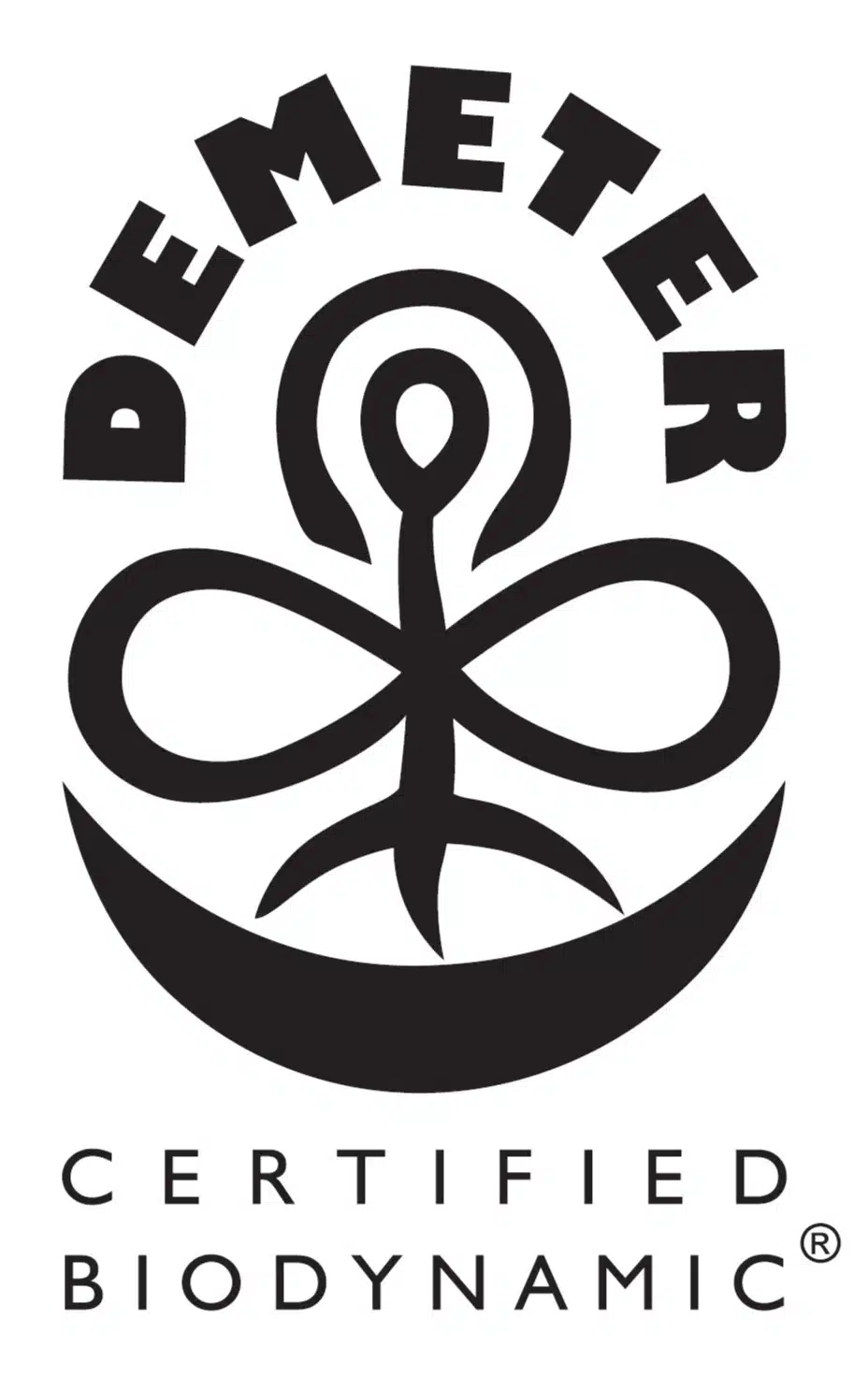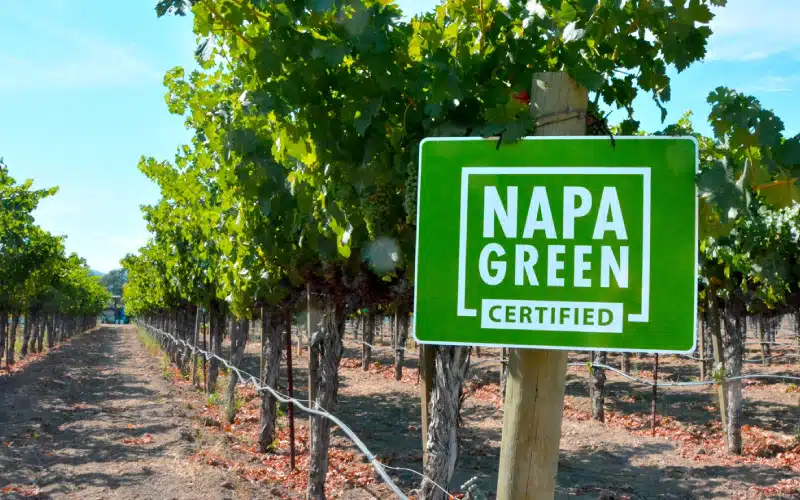Grgich Hills Guide to “Green” Wines

Photo provided by Napa Green
In this day and age, where every company seems to aspire toward some level of sustainability, it can seem impossible to keep up with the new terms being thrown around. Greenwashing is all too common in many industries, and the world of wine is no exception. What labels should you look out for, what do they mean, and which ones carry the most weight? Let’s dive into the world of environmentally friendly wines!
What is Natural Wine?
The definition of what makes a ‘natural’ wine is varied, and there is no certifying body that authorizes a winery on the claim their wine is ‘natural.’ Typically, these wines don’t have any additives, and are grown without pesticides, but again, this is not a certainty, as each person will have their own definition.
What is Sustainable Wine?
So-called “sustainable” wines are, like natural wines, some of the more nebulous of the bunch. Though the goal of being “sustainable” (e.g., operating on a level that can be sustained by the environment) is a noble one, it is an easy word to slap on. Certain certifying bodies for sustainable wines exist, but outside of those, anyone can slap the word ‘sustainable’ on their wines if it fits their marketing agenda.

What is Organic Wine? Organic Wine vs. Wine Made with Organically Grown Grapes
Organic certification is a great, widely understood baseline for agricultural products. In the world of wine, however, there is a bit of a divide when it comes to applying this term to your wines. There are organic wines, and wines made with organically grown grapes. In order to legally identify your wine as an organic wine, it must not contain any added sulfites. Wines labeled ‘Made with organically grown grapes’ are grown in the same way, but the producers add small amounts of sulfites to the wine during the winemaking process.
We at Grgich Hills believe that the minor addition of sulfites (a technique that has been used in winemaking since ancient Rome) creates a better product that will age far longer than wines that lack this additive. This odd discrepancy between organic wine and organically grown grapes also only exists in the United States – in Europe, all organic wines must simply fall below a certain small number of added sulfites, a level which we are far below in all of our wines.
What is Biodynamic Wine?
In order to be considered biodynamic, wineries must undergo a certification process by the Demeter Association. These wineries adhere to the principles of organic farming, while also following additional guidelines – most notably, the use of certain ‘biodynamic preparations’ formulated by Rudolf Steiner. Grgich Hills Estate does farm biodynamically, but we have not sought out certification in many years.


Photo Provided by Napa Green
What is Napa Green?
The wine country of California, Napa Valley, which is home to 500+ wineries, of course has to have our own sustainable certification catered to our unique circumstances! This organization certifies wineries that meet strict standards in both their viticulture and winemaking operations, demonstrating an authentic concern for the environment.
Recently, Napa Green underwent an overhaul of their certification requirements – no longer will any affiliated wineries be allowed to use the herbicide Glyphosate (commonly known as Roundup) in their operations. This is a crucial step for Napa Valley wineries to transition to become far more environmentally friendly than in the past, and one we’ve been instituting for over two decades!
What is Regenerative Organic Wine?
This is what we at Grgich Hills believe to be the pinnacle of farming. Certification is administered through the Regenerative Organic Alliance, and farmers must meet strict requirements regarding soil health, biodiversity, and employee wellbeing in order to be considered. However, we’ve talked in length about this subject before – if you’re curious, you can find out all our information on our regenerative farming practices here!

The Climate Crisis: How Regenerative Farming Helps Fight Back
For many, consuming organically grown products is a “nice to have.” Important, yes, and many partake in the practice for the quality and the personal health benefits as well as the vague notion that it’s better for the environment. For us at Grgich Hills, we see the environmental benefits firsthand and have a deep understanding of the impact our regenerative work has in fighting the climate crisis.
